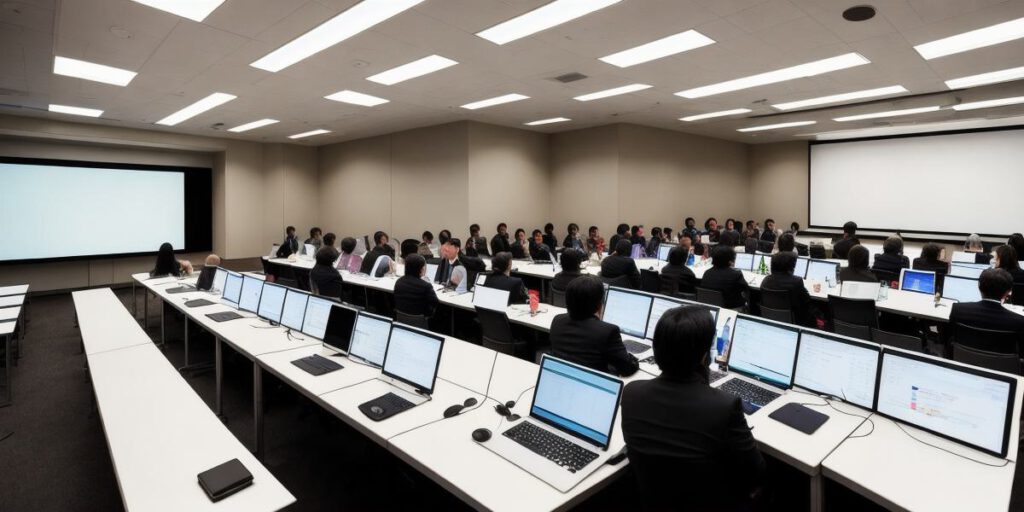Is a background in physics necessary for software engineering

As technology continues to evolve, software engineering has become an increasingly important field. With the rise of artificial intelligence (AI), machine learning (ML), and other advanced technologies, there is growing debate about whether a background in physics is necessary for success in software engineering.
On one hand, proponents argue that physics provides a strong foundation for understanding complex systems, which is essential for building software that can handle large data sets and perform complex calculations. Additionally, physics provides a strong understanding of optimization, which is critical for developing efficient algorithms.

However, opponents argue that physics is not necessary for software engineering because many successful software engineers come from other fields such as computer science, mathematics, and even philosophy. They also point out that the software industry is constantly evolving, making it difficult to predict what skills will be in demand in the future.
In this article, we will explore both sides of the debate and examine the evidence to determine whether a background in physics is necessary for success in software engineering. We will also provide real-life examples to illustrate our points and answer some frequently asked questions (FAQs) at the end of the article.
Proponents of Physics in Software Engineering
First, let’s explore the arguments in favor of a background in physics for software engineering. As we mentioned earlier, physics provides a strong foundation for understanding complex systems. This is especially important in software engineering, where systems are becoming increasingly complex and interconnected. For example, an e-commerce platform that processes millions of transactions per day requires sophisticated algorithms to handle the data and ensure accuracy.
Secondly, physics provides a strong understanding of optimization, which is critical for developing efficient algorithms. This is especially important in software engineering, where time and resources are often limited. By optimizing algorithms, software engineers can improve performance and reduce costs.
Third, many successful software engineers come from physics backgrounds. For example, Google’s co-founder Larry Page studied physics at Stanford University before turning his attention to computer science. Similarly, Microsoft CEO Satya Nadella studied physics at Harvey Mudd College. These examples illustrate the fact that a background in physics can be very beneficial for software engineering.
Opponents of Physics in Software Engineering
However, there are also arguments against a background in physics for software engineering. For one, many successful software engineers come from other fields such as computer science, mathematics, and even philosophy. This suggests that a background in physics is not necessary for success in software engineering.
Additionally, the software industry is constantly evolving, making it difficult to predict what skills will be in demand in the future. For example, the rise of AI and ML has created new job opportunities for software engineers with expertise in these fields. This suggests that a background in physics may not be as valuable as other skills such as data science or computer vision.
Finally, some argue that a background in physics can actually hinder software engineering by focusing too much on theory and neglecting practical experience. For example, a software engineer with a physics background may struggle to understand the needs of business users or the limitations of available hardware.
Case Studies
To better understand whether a background in physics is necessary for software engineering, let’s look at some real-life examples.
First, consider Google, one of the most successful companies in the world. While Larry Page studied physics at Stanford University, he later switched his focus to computer science. This suggests that a background in physics can be very beneficial for software engineering, but it is not necessary.

Second, consider Microsoft CEO Satya Nadella, who studied physics at Harvey Mudd College. However, unlike Page, Nadella did not switch his focus to computer science. Instead, he pursued a career in business before returning to technology. This suggests that a background in physics can be beneficial for software engineering, but it is not a guarantee of success.
Finally, consider Elon Musk, the CEO of SpaceX and Tesla. While Musk studied economics and physics at the University of Pennsylvania, he did not pursue a career in either field. Instead, he started several successful companies in different industries. This suggests that a background in physics is not necessary for success in software engineering, but it can be beneficial.